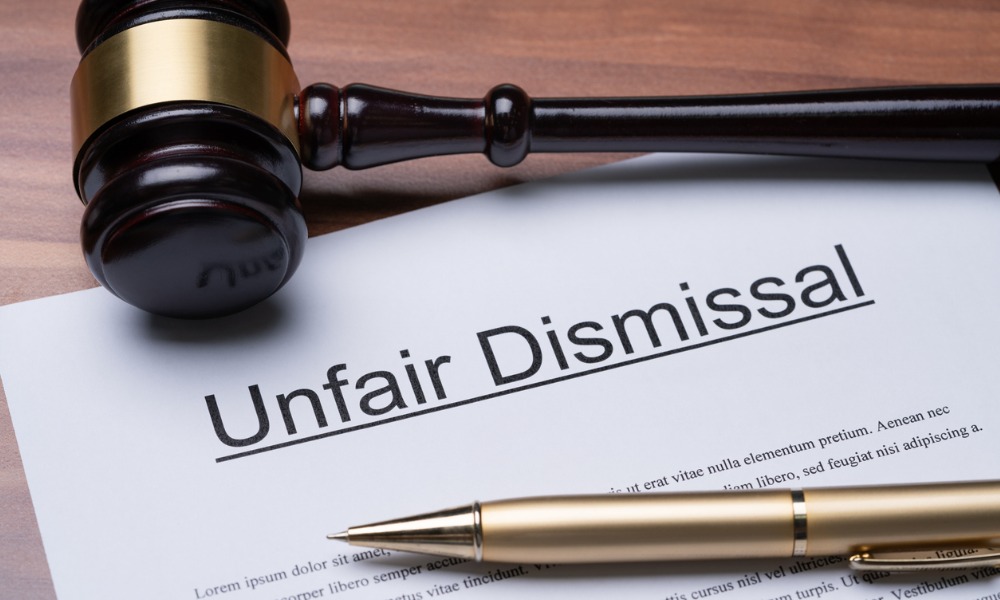
Case looks at factors in qualifying for unfair dismissal application

The Fair Work Commission (FWC) recently dealt with an unfair dismissal case that highlights employee classification and small business definitions.
The case involved a worker who argued they were unfairly dismissed after nearly nine months of employment. The worker's claim hinged on whether their employer qualified as a small business, which would affect the minimum employment period required for unfair dismissal protection.
The case raised important questions about how casual employees are counted and what constitutes regular and systematic employment.
The worker, employed as a zookeeper, started his job at a small zoo in Tasmania on 12 October 2023 and was dismissed on 31 July 2024, after about 9 months of employment. They filed an unfair dismissal application with the FWC on 8 August 2024.
The key issue was whether the worker had completed the minimum employment period required for unfair dismissal protection.
For small business employers, this period is one year, compared to six months for larger businesses.
The Fair Work Act defines a small business employer as one that employs fewer than 15 employees at the time of dismissal.
This count includes all employees, except casual employees who are not considered "regular casual employees".
The zoo said it had 15 employees when the zookeeper was dismissed but argued that one of these employees, a café assistant, should not be counted as a regular casual employee.
The FWC looked at the café assistant's contract and work patterns to decide if they were a regular casual employee. Their contract said they were casual without guaranteed hours, but also mentioned long service leave accrual, suggesting an ongoing relationship.
"These factors suggest an employment relationship beyond merely the immediate hiring suggesting 'something that can fairly be called a system, method or plan'."
However, the FWC also pointed out that regularity of work alone is not enough to establish a systematic basis of employment.
The zoo's director explained how the café assistant was offered work. The café manager would contact them, usually a week in advance, to check availability and potentially roster them for shifts. This typically happened when other employees were unavailable.
The FWC observed:
"What emerges from the evidence is that each engagement came about as a result of an exchange between [the café assistant] and [the café manager] which might lead to an engagement, or might not."
This practice suggested the café assistant's employment lacked a systematic approach.
After considering all factors, the FWC decided that the café assistant's employment was not on a systematic basis. As a result, they were not counted as an employee when determining if the zoo was a small business employer.
The FWC said:
"Having found that [the café assistant] is not to be counted for the purposes of calculating the number of employees employed by the employer, I find that [the employer] was a small business employer since it had fewer than 15 employees of the type required to be counted pursuant to s.23(2) at the date [the worker] was dismissed."
This meant the minimum employment period for the zookeeper was one year. Since they had worked for less than a year, they were not eligible for unfair dismissal protection.
The FWC concluded:
"It follows that the minimum employment period applicable to [the worker] is one year. Having commenced employment on 12 October 2023 and having been dismissed on 31 July 2024, it follows that [the worker] has not completed the minimum employment period."
"[The worker] is therefore not a person protected from unfair dismissal and his application must be dismissed."
This case shows the importance of understanding how casual employment relationships and small business employer status can affect unfair dismissal protections.
It emphasises the need for both employers and employees to be aware of the criteria used to determine employee status and business size under the Fair Work Act.